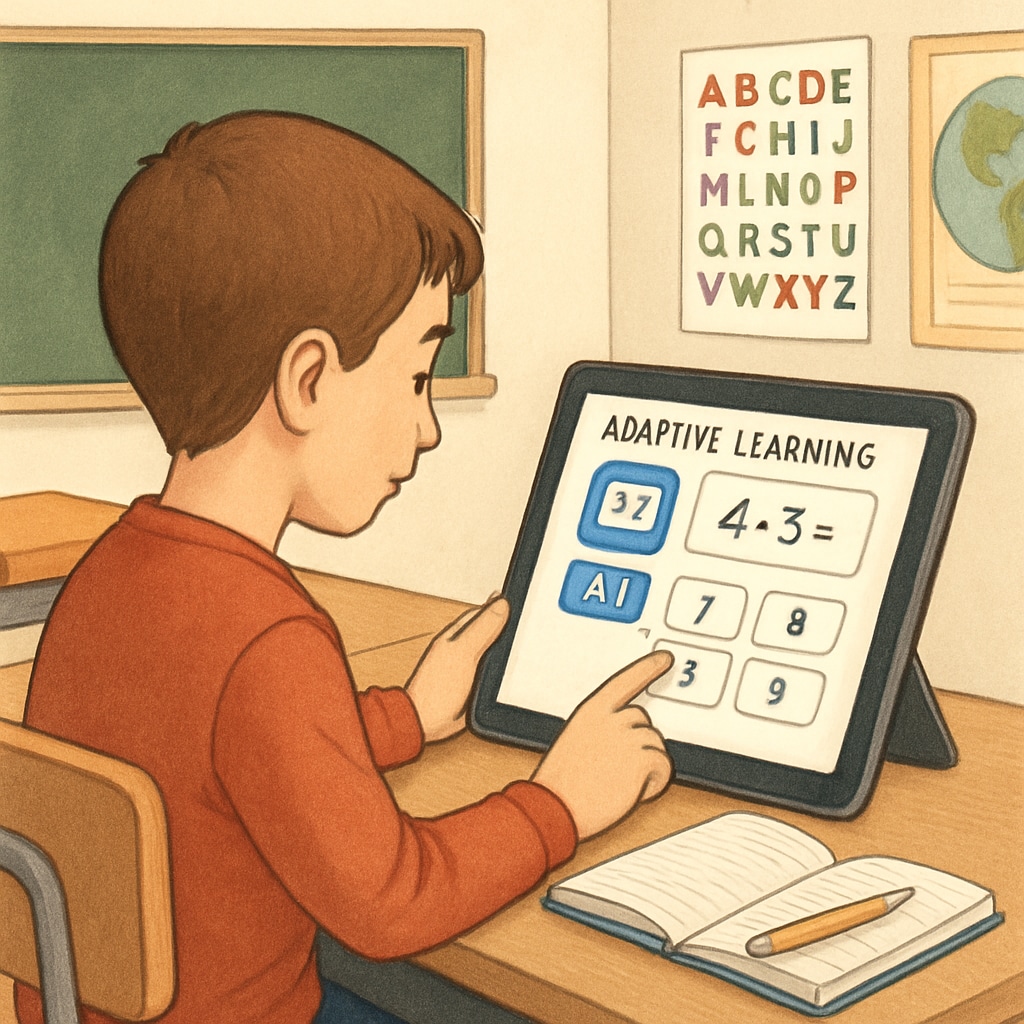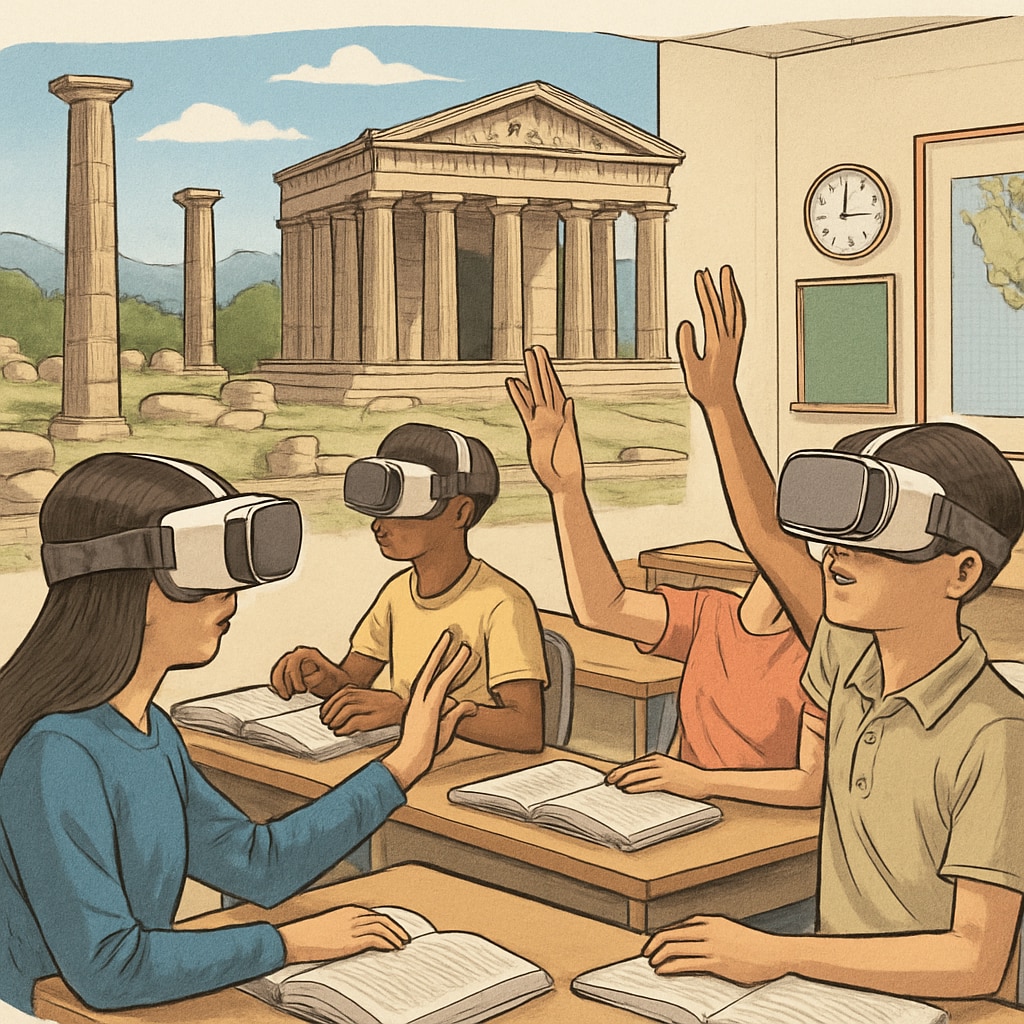Artificial intelligence (AI) is fundamentally reshaping the educational landscape. In the context of K12 education, AI is at the forefront of driving personalization, adaptability, and globalization—three critical pillars of the 2030 education landscape. As schools and educators around the world adapt to global trends like population shifts and workplace evolution, AI emerges as the transformative force that will redefine how students learn and thrive in the decades to come.
The Role of AI in Personalizing K12 Education
One of the most significant contributions of AI to education is the ability to offer personalized learning experiences. Traditional education models often fail to address the diverse needs of individual students. AI, however, enables the creation of tailored learning paths by analyzing each student’s strengths, weaknesses, and progress. For example, AI-powered platforms like adaptive learning systems can adjust the difficulty of tasks in real time, ensuring that students remain engaged without feeling overwhelmed.
Additionally, AI tools can provide instant feedback, which is critical for reinforcing learning concepts. For instance, systems like Carnegie Learning’s MATHia use AI algorithms to guide students through complex mathematical problems, offering step-by-step support. Such tools not only enhance learning outcomes but also empower teachers to focus on higher-order educational tasks.

AI and the Shift Toward Globalized Education
AI is also facilitating the globalization of education by breaking down geographical and linguistic barriers. Virtual classrooms powered by AI enable students from diverse regions to collaborate and learn together. Tools like natural language processing (NLP) support real-time translation, making cross-border communication seamless. For example, platforms like Duolingo and Google Translate are leveraging AI to simplify language acquisition, enabling students to access global learning resources.
Moreover, AI is driving the development of cultural exchange programs through immersive technologies like virtual reality (VR). Students can now “visit” historic landmarks or explore different cultures without leaving their classrooms. This not only broadens their perspectives but also prepares them for a globalized workforce.

Preparing for the AI-Driven 2030 Education Landscape
Looking ahead to 2030, the education sector is poised for even more radical transformation. AI will likely integrate more deeply into classroom management, curriculum design, and assessment methodologies. For example, AI-driven predictive analytics could help schools identify at-risk students and intervene early, preventing dropouts and improving retention rates.
Furthermore, the rise of AI-powered “teacher assistants” could reduce the administrative burden on educators, allowing them to focus on student engagement and mentorship. These AI systems might also support lifelong learning by offering dynamic, up-to-date content tailored to evolving market demands.
However, the integration of AI into education also raises critical ethical considerations. Issues such as data privacy, algorithmic bias, and equitable access must be addressed to ensure that AI benefits all learners equally. Policymakers, educators, and technologists will need to collaborate to create frameworks that prioritize inclusivity and transparency.
Conclusion: A New Era for Education
In conclusion, AI is revolutionizing K12 education by promoting personalization, adaptability, and globalization. As we advance toward 2030, the potential for AI to transform traditional education models is immense. However, achieving this vision will require a balanced approach that leverages technological innovation while addressing ethical and logistical challenges. By doing so, we can create an education system that empowers every student to thrive in an increasingly complex and interconnected world.
For further insights into the transformative role of AI in education, check out resources like the Artificial Intelligence in Education page on Wikipedia and Britannica’s overview of artificial intelligence.
Readability guidance: This article uses concise paragraphs and subheadings to enhance readability. Lists and examples are included to summarize key points, while overuse of jargon is avoided to maintain accessibility.


